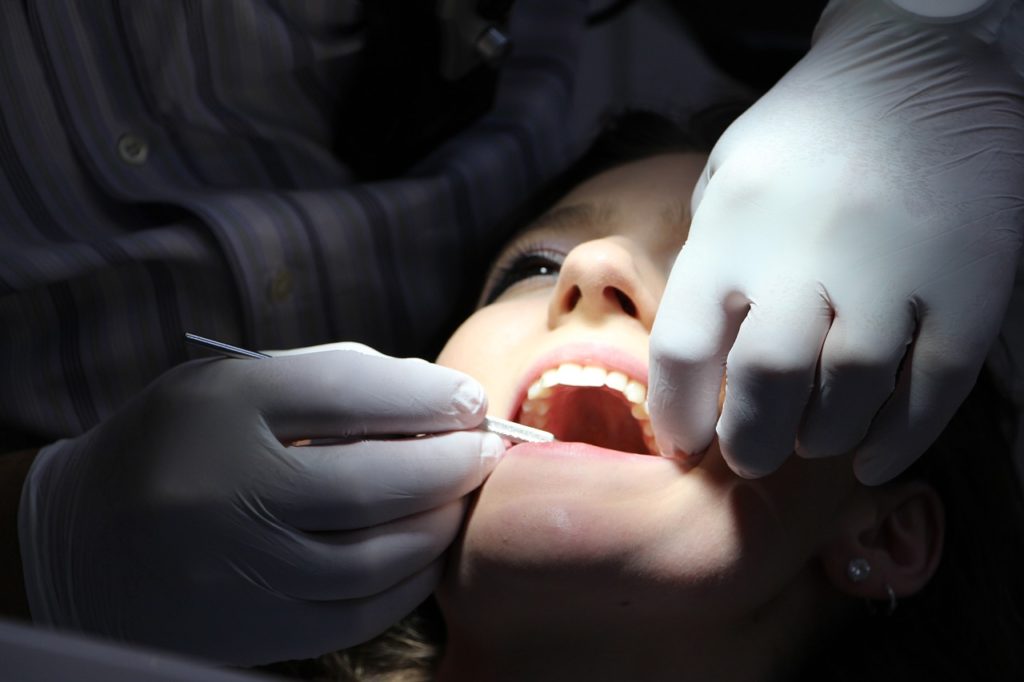
Understanding the Link: Medical Conditions That Impact Oral Health
Your smile is a powerful tool that can light up a room, but did you know it can also reveal valuable insights about your overall health? The link between medical conditions and oral health is often overlooked, yet understanding this connection is crucial for maintaining a beautiful smile and a healthy body.
Join us as we dive deep into dentistry and explore the fascinating ways various medical conditions impact our oral health. Get ready to uncover the hidden secrets behind your pearly whites.
Diabetes
Diabetes is a metabolic disorder characterized by high blood sugar levels. Uncontrolled diabetes can contribute to oral health problems such as gum disease, dry mouth, slow healing of oral tissues, and an increased risk of infections.
Individuals with diabetes should prioritize maintaining stable blood sugar levels through proper diet, medication, and regular exercise. Additionally, they should practice meticulous oral hygiene, including regular brushing, flossing, and routine dental check-ups. Collaborating with both a dentist and a diabetes specialist can help develop a comprehensive oral care plan tailored to the individual’s needs.
Osteoporosis

Osteoporosis is a condition characterized by reduced bone density, which can affect the jawbone and lead to tooth loss. Additionally, some medications used to treat osteoporosis may have side effects that impact oral health, such as an increased risk of jawbone deterioration or gum problems. Dentures Stoke On Trent can aid in managing tooth loss due to osteoporosis.
Maintaining an adequate calcium and vitamin D intake, along with regular weight-bearing exercises, can support bone health. Individuals with osteoporosis must inform their dentist about their condition and medications to receive appropriate dental care and minimize potential complications.
Cardiovascular Disease
Cardiovascular diseases, including heart disease and high blood pressure, can affect oral health. Research suggests a link between gum disease and cardiovascular disease, indicating that maintaining healthy gums may contribute to overall cardiovascular health.
Individuals with cardiovascular disease need to inform their dentist about their medical condition and any medications they are taking, as certain drugs can affect oral health. Regular dental check-ups, diligent oral hygiene, and adherence to prescribed medications are essential for managing oral care in individuals with cardiovascular disease.
Autoimmune Disorders
Autoimmune disorders, such as rheumatoid arthritis, lupus, and Sjögren’s syndrome, can impact oral health in several ways. These conditions may lead to dry mouth (xerostomia), oral ulcers, gum inflammation, and an increased risk of dental decay.
Individuals with autoimmune disorders should consult their dentist for recommendations on oral care products that can alleviate dry mouth symptoms, such as saliva substitutes and fluoride treatments. Regular dental visits are crucial for early detection and management of oral manifestations associated with autoimmune disorders.
Eating Disorders
 Eating disorders like anorexia nervosa and bulimia can have severe consequences for oral health. Frequent vomiting associated with bulimia exposes teeth to stomach acid, leading to enamel erosion, tooth sensitivity, and an increased risk of cavities. Malnutrition resulting from restrictive eating behaviors can weaken the immune system, making the oral cavity more susceptible to infections and gum disease. A multidisciplinary approach involving medical, dental, and mental health professionals is crucial for addressing the underlying causes of eating disorders and providing comprehensive oral care.
Eating disorders like anorexia nervosa and bulimia can have severe consequences for oral health. Frequent vomiting associated with bulimia exposes teeth to stomach acid, leading to enamel erosion, tooth sensitivity, and an increased risk of cavities. Malnutrition resulting from restrictive eating behaviors can weaken the immune system, making the oral cavity more susceptible to infections and gum disease. A multidisciplinary approach involving medical, dental, and mental health professionals is crucial for addressing the underlying causes of eating disorders and providing comprehensive oral care.
Medical conditions can significantly impact oral health, making it essential to address and manage these conditions effectively to ensure proper oral care. Whether you are dealing with diabetes, cardiovascular disease, autoimmune disorders, osteoporosis, or eating disorders, working closely with your healthcare team, including dentists and specialists, is crucial. By maintaining good oral hygiene practices, adhering to prescribed medications, and seeking regular dental check-ups, you can mitigate the impact of these conditions on your oral health and maintain a healthy smile.…


 Ask the dentist about their modes of payment. If you have insurance, ensure that you choose a dentist who accepts your insurance. Some dentists will require you to pay out of pocket then you get to claim from the insurance company. Avoid such since following up on refunds with insurance companies can be cumbersome.
Ask the dentist about their modes of payment. If you have insurance, ensure that you choose a dentist who accepts your insurance. Some dentists will require you to pay out of pocket then you get to claim from the insurance company. Avoid such since following up on refunds with insurance companies can be cumbersome.